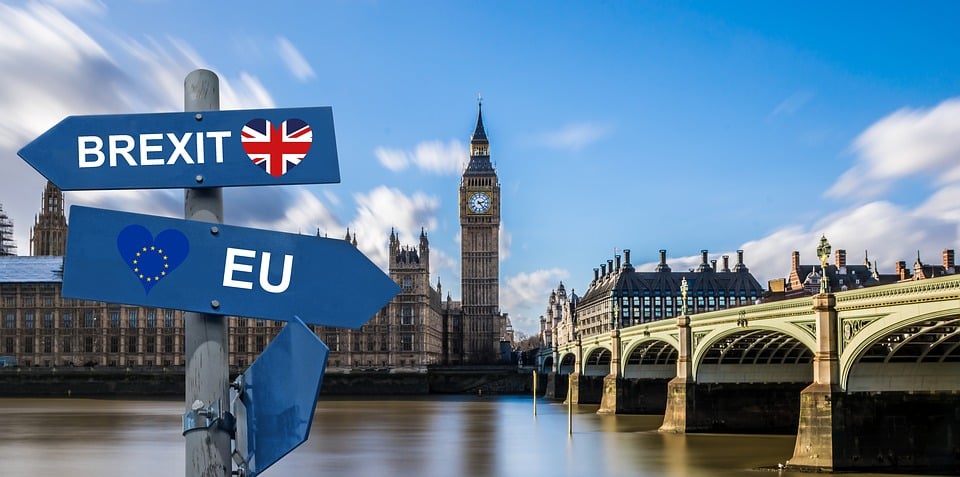It is time to prepare for the end of the Brexit transitional period.
Whilst the United Kingdom officially left the European Union (EU) on 31 January 2020, this prompted the start of an 11-month transitional period during which time the UK remains part of the Single Market, the EU Customs Union and the VAT Territory. The UK will leave the EU VAT Territory on 31 December 2020. After this date, Great Britain (England, Wales and Scotland) will not be subject to EU VAT legislation. Northern Ireland will remain subject to EU VAT legislation in respect of transactions involving goods, but not for services.
Acquisitions (purchases of goods from EU member states) will be treated as imports. A new system, Postponed Accounting, will be introduced and will apply to imports received from all over the world, with some exceptions such as low-value consignments. The system is intended to mitigate the cashflow disadvantage posed by paying import VAT upfront and waiting to reclaim it in a later VAT return. Under the new system, import VAT can be deferred and declared to HMRC in the VAT return for the period of importation. The VAT can be reclaimed in the same return subject to the normal rules for reclaiming input tax.
Dispatches (zero-rated sales of goods to business customers in EU member states) will be treated as exports. Exports are zero-rated, provided certain conditions are met.
Distance sales (sales of goods to non-business persons in the EU) will also be treated as exports. The EU distance-selling regime and thresholds will no longer apply to UK suppliers.
Customs changes
When the UK leaves the EU Customs Union on 1 January 2021 the UK will operate a full, external border with the EU. New border controls on imports from the EU to Great Britain will be introduced in stages, with customs declarations for goods which are not controlled being delayed until 30 June 2021.
Customs Duty
From 1 January 2021, there will be new rates of Customs Duty for imports – called the UK Global Tariff. To check the tariffs that will apply to different categories of imported goods, please seehttps://www.gov.uk/guidance/uk-tariffs-from-1-january-2021.
It is important to be ready for these changes. Some practical actions to take now include:
- Obtaining an Economic Operator Registration and Identification (EORI) number, which will be required when trading with the EU post Brexit. It is free to obtain an EORI number and you can do so by visitinghttps://www.gov.uk/eori.
- Deciding whether to use an agent freight forwarder to help with making customs declarations. The following guidance outlines the services they can provide:https://www.gov.uk/guidance/appoint-someone-to-deal-with-customs-on-your-behalf
- If you buy goods from the EU, checking whether those goods are ‘controlled’. Ascertaining which declarations are required and when they will need to be made. For more information please seehttps://www.gov.uk/guidance/list-of-goods-imported-into-great-britain-from-the-eu-that-are-controlled.
- Checking the UK Global tariff to see the rate of Customs Duty that is likely to apply to the goods you import.
- Deciding whether to use the Postponed Accounting system (https://www.gov.uk/guidance/check-when-you-can-account-for-import-vat-on-your-vat-return) to defer import VAT and familiarising yourself with the procedure for declaring the deferred import VAT on the VAT return.
If you require more information please contact us to discuss how we can help you move smoothly into 2021.
Internet link: GOV.UK transition campaign







